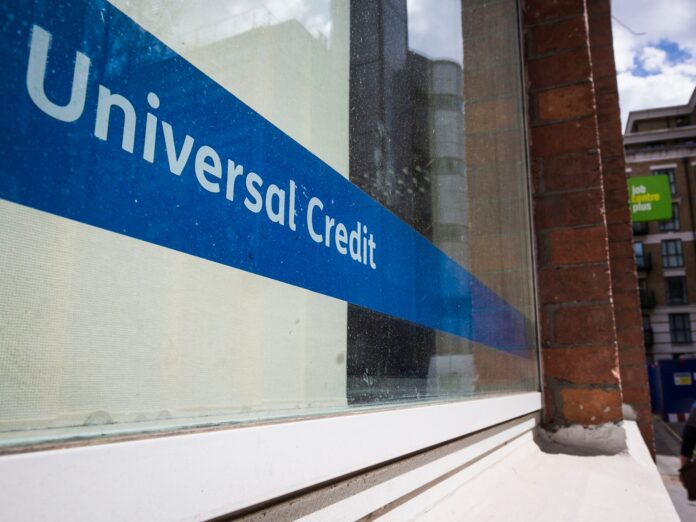New research from Citizens Advice has found that out of 500 people surveyed who have applied for Universal Credit as a result of the coronavirus outbreak, more than half (53%) have faced hardship during the five-week wait for their first payment.
The charity, which is presenting evidence on the five-week wait at today’s Work and Pensions Committee, has supported almost 90,000 people with Universal Credit issues since the lockdown began.
Today (10 June) is the final day employers can sign up their employees for the Job Retention Scheme. Citizens Advice is calling for urgent changes to the five-week wait given the potential for a new surge in claims as the furlough scheme unwinds.
Research from Citizens Advice shows one in seven surveyed (14%) who’ve applied for Universal Credit since the lockdown haven’t been able to afford essentials like food and heating while waiting for their first payment. Further to this, one in five (19%) have borrowed money from family and friends.
Cases seen by the charity’s frontline advisers include people who have had to skip meals, rely on hot water bottles for warmth, and sell personal possessions for income during the five-week wait.
Nearly three million people have made a claim for Universal Credit since mid-March and over a million advance payments have been provided. However, insights from frontline advisers at Citizens Advice suggest some are “scraping by” because they are scared of having to repay an advance.
Citizens Advice warns further measures to shore up Universal Credit are needed as redundancies increase and people who have been ineligible for the government’s support schemes run down their savings and seek support from the benefits system.
Dame Gillian Guy, Chief Executive of Citizens Advice, said:
“Universal Credit has been a hugely important safety net during this crisis, but it’s simply not right that some end up skipping meals, borrowing from family members or falling behind on bills while they wait for money to come through.
“The government has said that it is too complicated to change the payment process for Universal Credit. Yet tackling this technical challenge is needed to reduce the human cost of the five-week wait.
“With the close of the Job Retention Scheme, it’s more urgent than ever that the government build on its measures by temporarily turning advance payments into a grant.”
Sam Williams, Welfare Benefits Specialist at Citizens Advice Warrington, says:
“The five-week wait is a real shock for people navigating the benefits system for the first time. You can sense them trying to do the mental maths on whether they can get by until their first payment and even then, if it will be enough for their essential bills and for them to put food on the table for their kids.
“We talk people through their options, but taking an advance is something many feel nervous about. Instead I’ve seen people literally scraping by until their first payment: asking family and considering credit cards or other forms of credit from lenders; missing bills; and relying on food banks for support. It can put an enormous strain on people both financially and emotionally.”







